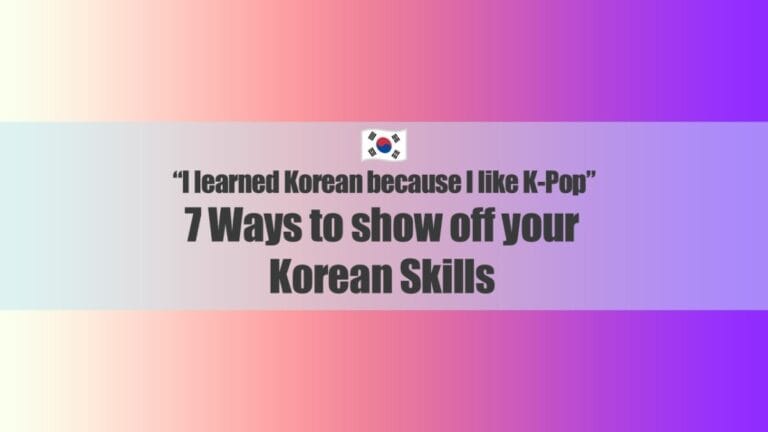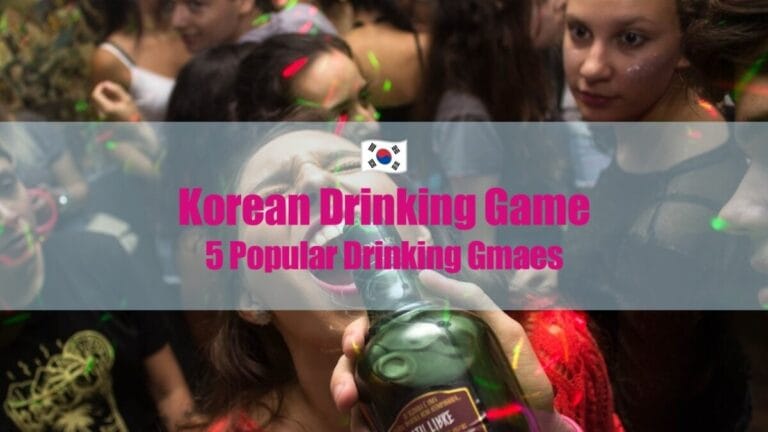
Are you a surf instructor?
If you’re a surf instructor in Bali and beyond, you’ve probably already noticed how many Korean tourists come to learn how to surf. During my one-month stay in Bali, I took several surf lessons and met a wonderful instructor named Ari. He was incredibly popular with Korean visitors. Since I’m Korean myself, Ari tried his best to speak to me using simple Korean phrases during our surf sessions. That small effort made a big impression on me. So, I decided to write this post to help surf instructors like Ari communicate better with Korean surfers.
Learning a few Korean expressions can make a huge difference. It helps build trust with your Korean guests and makes the lesson smoother. Most Korean tourists may not be fluent in English, especially when trying something as challenging as surf. Using simple Korean words during a lesson can boost their confidence and make them feel welcome.
This post is made up of expressions that are as simple as possible, yet polite, for their convenience.
Before the Surf Lesson
When people walk by your surf shop or stand near the beach, you can catch their attention with these short, simple phrases.
We have a surf lesson
We have a surf lesson.
서핑 레슨 있어요.
[surfing-lesson-i-sseo-yo]
Let people know that surf lessons are available. Koreans don’t say ‘surf’, they use the noun ‘surfing’ instead. You can use this expression to catch their attention when they walk past your shop.
Is it your first time?
Is it your first time?
처음이에요?
[cheo-eum-i-ae-yo]
Ask this to find out if your guest is a beginner.
My name is Ari
My name is Ari.
제 이름은 아리예요.
[je-i-reu-meun-Ari-ye-yo]
Introduce yourself with a smile. It helps start the conversation in a friendly way.
The waves are good today
The waves are good today.
오늘 파도 좋아요.
[o-neul-pa-do-jo-a-yo]
When the waves are good, surfing becomes easier. So let them know when the waves are good for surfing.
Practicing on the Sand
Before heading into the water, surfers usually practice on the sand. These expressions are helpful during the warm-up.
Let’s practice on the sand first
Let’s practice on the sand first.
모래 위에서 먼저 연습해요.
[mo-rae-wi-e-seo-meon-jeo-yeon-seup-pae-yo]
This helps set the plan for beginners and gives structure to the lesson.
One, two, three!
One, two, three!
하나, 둘, 셋!
[ha-na, dool, set]
Use them when teaching the 3-step pop-up technique.
Now let’s do it in the sea
Now let’s do it in the sea.
이제 물로 가요.
[i-je-mul-lo-ga-yo]
You can use this when you’ve practiced enough on the sand and it’s time to go into the sea to start surfing for real.
Out in the Sea
The ocean can be overwhelming for beginners, so using calm and clear instructions is key. These Korean phrases can guide your guest and keep things safe.
Stand up!
Stand up!
일어나요!
[i-reo-na-yo]
Use this when it’s time to pop up on the board. If this sentence feels too long or difficult, you can simply say “일어나[i-reo-na]”. However, adding “요[yo]” at the end makes it more polite. Using polite expressions is especially better when speaking to customers who are older than you.
Now!
Now!
지금!
[ji-geum]
You can use it when you want to tell them the exact timing. This short word can be powerful in the right moment.
It’s not a good wave
It’s not a good wave.
파도 별로예요.
[pa-do-byeol-lo-ye-yo]
You can use this when the incoming wave is not good for surfing. And it means that you will wait for another wave. It helps when you’re teaching how to choose the right wave.
Next wave
Next wave.
다음 파도.
[da-eum-pa-do]
Encourage them to wait for a better one.
The waves are high now
The waves are high now.
파도가 높아요.
[pa-do-ga-no-pa-yo]
Place your feet in the center
Place your feet in the center.
발 가운데로.
[bal-ga-un-de-ro]
Place your legs in the center.
다리 가운데로.
[da-ri-ga-un-de-ro]
Quickly / Slowly
Quickly.
빨리.
[bbal-li]
Slowly.
천천히.
[cheon-cheon-i]
Beginners usually hesitate when trying to stand up on the board, so they get up slowly. I was the same. That’s why my instructor often told me, “Stand up quickly.” The opposite expression is “slowly.” You can use it when they’re rushing or feeling nervous.
Relax. Don’t be nervous
Relax. Don’t be nervous.
긴장하지 마요.
[gin-jang-ha-ji-ma-yo]
Beginner surfers often feel anxious. Saying this in Korean can calm their nerves.
Break Time and After Surf
Use these during the break or after the session
Break time
Break time.
쉬는시간.
[si-neun-si-gan]
Let them know it’s time to rest.
Drink water
Drink water.
물 마셔요.
[mul-ma-syeo-yo]
If this sentence feels too long or difficult, you can simply say “물[mul]” (water) while handing them the water. However, saying the full sentence will sound more polite.
If you want more Korean expressions, check out my previous posts : 5 Summer-related expressions






